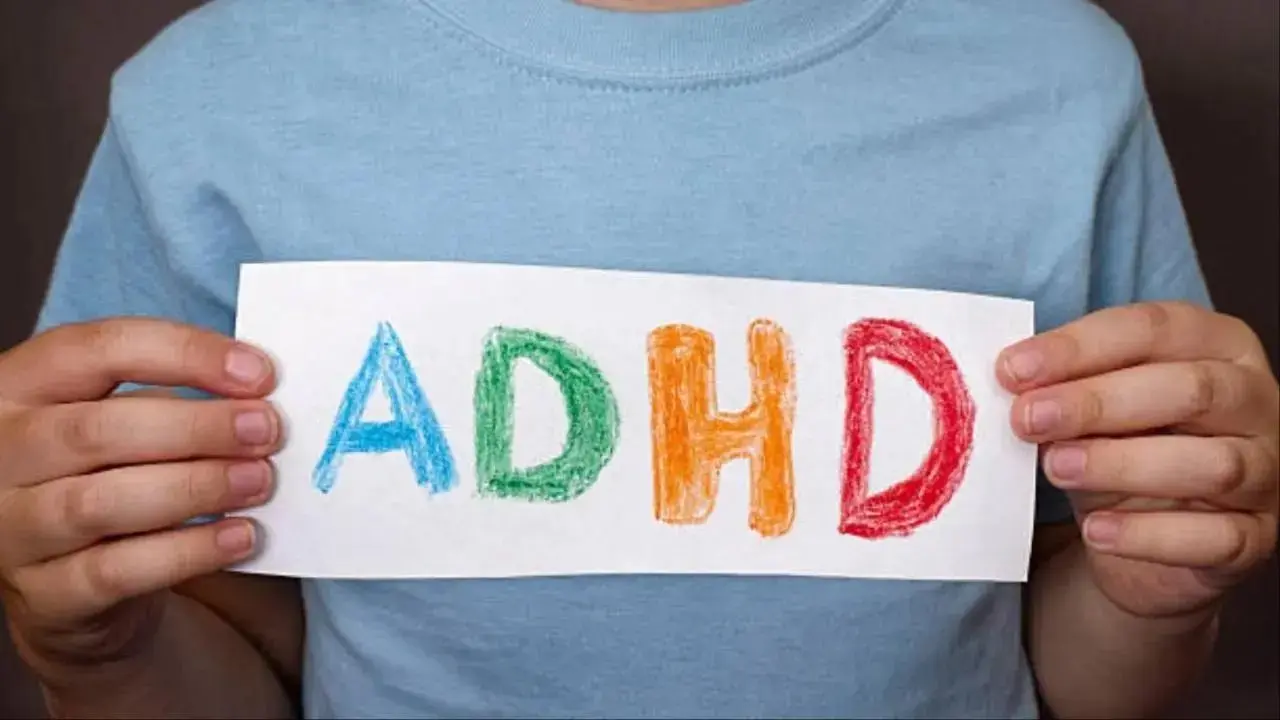The awareness around stuttering in India is growing every day but there are still many misconceptions around it that adults have to deal with on a daily basis. However, there is a lot that can be done to help those people who live with it, especially when they are growing up as children.
Every year, October 22 is observed as International Stuttering Awareness Day or International Stammering Awareness Day, to raise awareness about the speech challenge, that is known to affect one percent of the world’s population. While it is seen across ages, it starts early as a child for many, and with Children’s Day around the corner as it is celebrated in India on November 14, there is still a lot more to be done to create awareness about it.
What is stuttering?
For the uninitiated, stuttering, also known as stammering, is a speech disorder that tends to interrupt the natural flow of talking. A child who stutters may repeat sounds, syllables, or words; stretch out certain sounds; or experience blocks where no sound comes out.
Dr Jagdish Kathwate, consultant neonatologist and paediatrician at Motherhood Hospital Kharadi Pune, explains, “Many children go through a phase of stuttering while learning to speak, but persistent speech blocks or repetition may need professional attention. So, parents know that early support can help children communicate confidently and overcome speech difficulties. Read on to know more about this and seek timely intervention.”
He further explains, It is commonly seen in children aged 2-6 years. This is the time when their language skills are rapidly developing. While many children outgrow it, some continue to stutter into adolescence or adulthood if not addressed early. The causes of stuttering can be genetic, speech and language development, as the child’s brain may process speech and language differently, causing disruptions in fluency.”
It is the not only these early challenges but also the pressure to speak correctly or in stressful situations that may worsen stuttering. Differences in how the brain coordinates speech muscles may play a role when it comes to stuttering, the Pune-based expert adds.
Causes, symptoms and effects
The causes of stuttering are not fully understood but few factors play a role like genetic factors, speech and language development, emotional and environmental factors like stress, pressure to speak perfectly, neurophysiological differences like how the brain coordinates the muscles for speech and family communication style like fast paced or interruptive conversations at home sometime might increase chances of stuttering.
Some of the common symptoms are as follows:
1. Repetition of sounds or words
2. Prolonged sounds or pauses while speaking
3. Difficulty starting a word or sentence
4. Tension in the face, lips, or neck when trying to speak
5. Avoiding speaking situations or showing frustration while talking
Untreated stuttering can often lead to low self-esteem, social anxiety, or fear of speaking in public. Children may withdraw from conversations, struggle academically, or develop communication-related insecurities that persist into adulthood. If stuttering lasts for more than 6-8 months, or worsens over time, or is accompanied by distress, then parents should approach a speech therapist for help. The therapist will give the child some exercises, teach pronunciation to improve the speech. This will be done by regular sessions that can help the child deal with stuttering.
Can stuttering be treated?
Dr Kathwate says seeking help from a certified speech and language therapist at the first sign of persistent stuttering is the easiest way to manage it. However, there is a lot more to understand before that.
Dr Chhya Vaja, internal medicine expert at Apollo Spectra Hospital in Tardeo in Mumbai says stuttering in children is more common than many parents realise. She further explains, “Moreover, it’s important to understand that it isn’t a sign of low intelligence or poor parenting. It happens when the brain’s speech and language systems don’t perfectly sync, causing the child to repeat sounds, stretch words, or pause frequently while speaking. Stress, fast speech, or pressure to ‘speak properly’ can make it worse, which is why creating a calm and patient environment is key.”
Tips for parents with children who stutter
Parents often make the mistake of finishing their child’s sentences or correcting them too quickly, says Dr Vaja, which can add to their frustration and anxiety. “Instead, listen patiently, maintain eye contact, and let them finish at their own pace. With early speech therapy, most children learn to manage stuttering effectively and gain confidence in communication. Therapy focuses on slowing down speech, using breathing techniques, and building self-assurance. The goal isn’t fluent speech; it’s helping the child feel heard, relaxed, and supported. When children feel understood rather than judged, their confidence improves, and speech becomes more natural over time. So, seek help from an expert without any delay. It is possible to overcome stuttering,” she adds.
Sharing tips to manage it better, Dr Kathwate shares, “Let your child speak without interruption or correction. Don’t pressurise the child or scold him/her. Praise the child’s efforts instead of criticising him/her.” With timely therapy, family support, and patience, majority of children will be able to tackle stuttering and become confident as they grow. So, parents, seek timely intervention.











